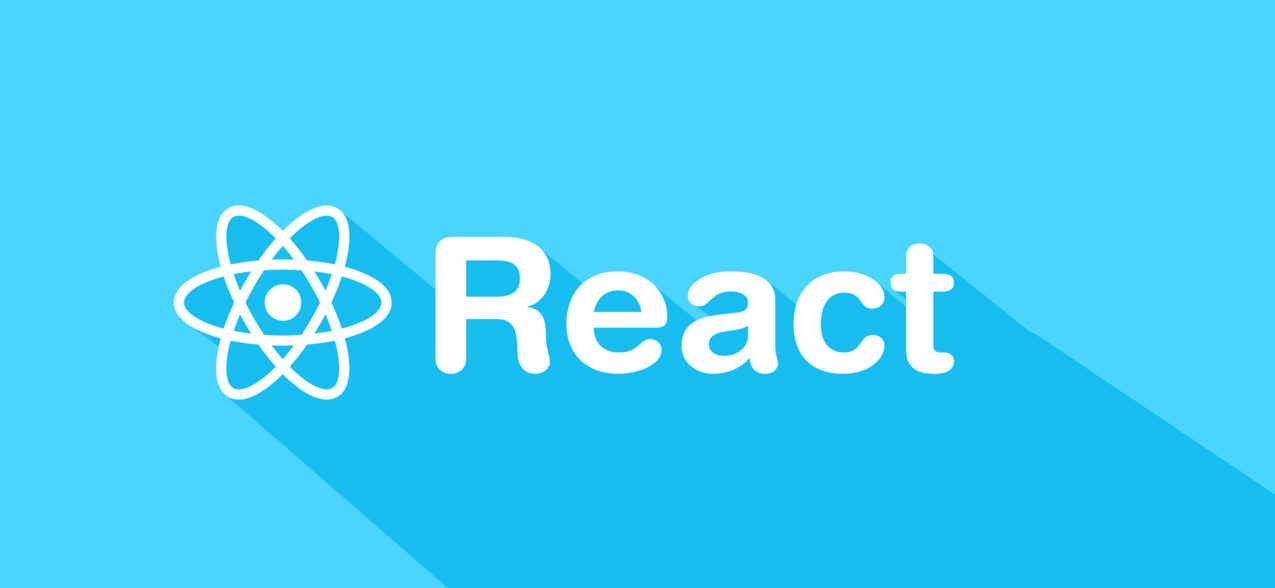Humans as the Source of Problems and Original Solutions
Quality Assurance (QA) is an exciting process and a crucial part of product development aimed at preventing and identifying issues, therefore ensuring compliance with quality standards. It is evident that software is designed by humans. In turn, issues and defects are not the problem on the technical side; their cause is humans’ proneness to bias and error. A QA engineer becomes a crucial link between the development team and the product by eliminating issues. Moreover, these specialists are responsible for maintaining communication among the software developers to facilitate decision-making and problem-solving abilities. A QA engineer, therefore, is an agent in generating suitable solutions to the described aspects of workflow.
Why Newcomers Put Emphasis on QA Engineer Positions
QA engineer jobs stand as an excellent opportunity to participate in engineering and software development processes. Moreover, newcomers find this position as an alternative to available career paths in the tech industry. QA engineer salary is an additional motivating factor to choose this profession. Other popular arguments include:
- Unique Digital Tools
- Position Requires a Problem-Solving Mindset
- Impact on Product Quality Without Direct Participation in Development
Nevertheless, along with other specializations in the industry, a QA engineer job is surrounded by myths that set unrealistic expectations for newcomers, leading to mistakes. It is reasonable to admit these misconceptions go to extremes, adding more confusion for beginners.
Myth Deconstruction as a Stepping Stone for Starting a QA Engineer Career
The following sections express the simplest principle of a QA engineer’s job. In addition to finding mistakes, they will provide the correct answers to set clear goals for preparing for this role. Thus, myth deconstruction is the best way to illustrate the role of a QA engineer while nurturing essential knowledge.
Myth 1: The QA Engineer Jobs Have the Lowest Entry Barriers to the Tech Industry
This misconception is a side effect of QA engineer educational course advertisements, which strive to sell these materials. The problem stems from the misrepresentation of this role in product development by implying that the QA specialist position has a minimal learning curve due to its difference from other specializations. Therefore, QA engineers must equip unique skills and competencies to manage the basic tasks. With the introduction of automation and new digital tools, these changes add new challenges for newcomers in the learning process.
Myth 2: Candidates Without a Specialization Degree and Experience Have No Chance to Secure the Offer
It is the opposite extreme to the first myth as applicants fear that lack of specialization and experience in the QA engineer resume nullify all chances to start the career. In fact, applicants must have basic technical expertise to understand how the product is built in addition to essential terminology and skills. Moreover, recruiters favor bold candidates who are willing to accept the challenges and learn advanced competencies.
Myth 3: The QA Engineer Position is Stale and Dull
The role of a QA engineer is process-oriented, which is a guarantee of better results in practice. It is necessary to emphasize the dynamic nature of the industry, which sets new professional requirements and expectations from specialists. A competent QA engineer willingly accepts new challenges and continuously learns from these changes. Moreover, this position is not limited to searching for issues. Advanced roles further involve planning, reporting, and presenting the cases, while active participation in meetings.
Myth 4: A QA Engineer Needs Only Technical Skills and Knowledge from Candidates
This myth is connected to the previous one. However, the QA engineer’s role is to ensure compliance of the entire product with quality standards. In contrast, software developers are responsible for the assigned tasks and parts of the development process. QA specialists must be client-oriented to meet the requirements and expectations of customers. Additionally, communication and analytical skills are essential in addressing these matters to the team. Soft skills become an indispensable part of professional competencies.
Myth 5: Completing a Learning Course Is Enough to Become a Junior Specialist
Beginners should use all accessible and available learning resources to acquire the mentioned above skills. Completing a course will provide important knowledge with practice, which is a great chance to prepare yourself for the position. However, newcomers should prioritize a comprehensive approach by adding continuous learning through reading books, attending seminars, and practicing. Completing a course guarantees partial success as the QA engineer role is multi-tasked and has unique nuances depending on the product type.
Myth 6: QA Engineers Do Not Have Career Opportunities or Growth
This myth remains prevalent in tech discussions, which asserts that QA engineer jobs are limited to the same role in product development. From becoming a team lead or senior QA engineer, specialists have lateral moves. DevOps is one of the finest examples of career development. Moreover, it is possible to gain a QA automation engineer job, which is another way to explore the diverse roles in product development and engineering processes.
Final Thoughts and Recommendations
In conclusion, QA specialists should find the problem and develop the optimal solution by communicating the necessary adjustments to developers by considering the client’s needs and expectations. In fact, software engineers and end users share contrasting visions of the product, and QA engineers find ways to align these perspectives in the development process. It is possible to outline the following takeaways:
- This position sets a unique set of skills and requirements for a candidate, which can be difficult to comprehend at the start.
- The candidate has to learn basics in addition to technical expertise, while a specialization degree should be viewed as an advantage.
- QA specialists must continuously learn to remain competitive and in-demand professionals.
- Communication and soft skills are essential in the profession.
- Learning courses can be a significant advantage in addition to self-education.
- An expert with sufficient experience can make lateral moves or get a promotion to advanced roles.
QA engineer jobs can become an exciting gateway to the tech industry, though the newcomers should familiarize themselves with the essentials. By embracing a process-oriented mindset and resilience, such candidates have the best chances to achieve their dream of becoming a part of the creative process.





